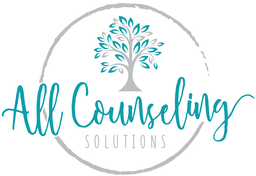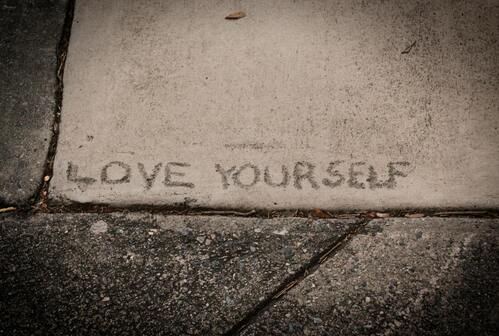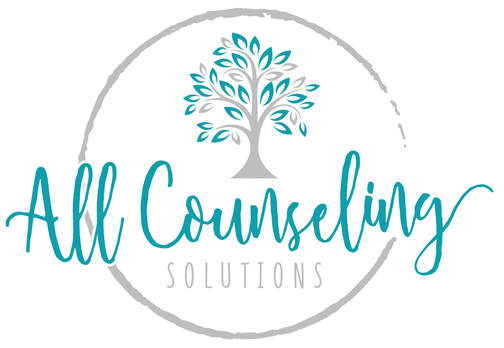|
Society, culture, family dynamics. The magic trifecta! From an early age these 3 things teach us and instill in us several directives. One, among the many, is that emotions are not to be worn on the sleeve; meaning, keep what is going on inside of you and keep moving forward. Yes, I know that the messages we gleam from the all-prevalent trifecta varies depending on location and background. However, for many people out there (& many that come to see us in therapy), this is a very real experience. Clients of all ages and backgrounds have reported that growing up they were not allowed or encouraged for emotional expression. Listen, this is WAY more than your casual 3-year-old temper tantrum because you cannot buy your favorite chocolate bar at Walmart. No, this is plain and simple learning to articulate our emotional world and mind with the physical and mental experience of every day life. It exhausts me just thinking about it. But imagine growing up and being taught that it is NOT okay to be sad or to show frustration. This leads us to good ol’ anger.
Anger is a fascinating concept for me. Rather than focusing on all of the possible reasons for anger, I would like to draw a parallel from anger to depression. Crazy right?! Not at all. You see, in the late 1800’s, the German philosopher Friedrick Nietche (who was very much ahead of his time) came to the conclusion that “melancholy” (a past term used to describe depression) is a very internal state in which people are suppressing anger towards something, and in response to this complex emotional state, they turn this anger inwards to themselves and become depressed. It makes sense. It is easy to show anger externally, but living with anger inside of us can become exhausting to the point where we feel like giving up and not trying or persisting further… queue depression. Borrowing this idea from Nietche, Sigmund Freud ran wild with it. Albeit a few controversial opinions (classic Freud!!), he further developed this interesting idea. Going back to life growing up, for many it is unacceptable to show strong feelings. It is already challenging enough to identify what we are feeling, let alone communicate it to someone else. If we are in a context that does not foster and encourage emotional expression, it can create a lot of conflict and internal consistency within us. Many people come to therapy feeling unfulfilled, unworthy, and confused on what to do next. They highlight that they want to feel better and move forward while at the same time, they are holding onto extreme amounts of self judgement and criticism for past experiences. Think about how judgmental we are on ourselves today in the present moment. Does my hair look okay? Did I say the correct thing in that work meeting? I wonder what they think about me? It truly does not end. I would argue that it is even worse for the past version of ourselves. We can be our biggest critiques, but very rarely are we actually our biggest supporters. Beating yourself up and criticizing past actions and behaviors is a form of self-harm. Self -harm, like many things in psychology, exists on a spectrum. From self-mutilation to consistent rumination on our past failures are both examples of not being kind and not prioritizing ourself. It can present differently, but underlying this is that idea of repressed anger that we have towards ourselves. Why would we judge our past selves based on the facts that we know today? Anger at ourselves eventually can lead to depression. To make it worse, a vicious cycle is created in which the angrier we become, the more likely we are to become more withdrawn and the more our resentment grows within ourselves, feeding into depression and seclusion. How can we break the cycle? How can we identify the complex emotions that come along with existing? How do we learn to be kind to ourselves and prioritize our own self when we were not only never taught to do so, but we were discouraged to ever do such a thing? In some ways, we are truly going against every instinct we have to self-protect when we try to reverse this cycle. You will not like my answer. We practice. It is fairly old school, this I know. However, in many aspects, it is all we can do. We practice being kind to our past and present selves, we give ourselves the grace we give others, and we try to surround ourselves with supportive and encouraging individuals. As a young adult, it is hard to “make friends”. We are caught between our college/ graduate school selves versus the mentors and those with more experience we look up to. The comparison game can start early, so let's catch it and put an end before it develops. Whoever is reading this, you are where you are in this moment but you can make choices to stay where you are or make some changes. Let this be an encouragement to begin the self care process, even on the hardest days. Anger can appear more than just screaming and breaking things. Depression is way more than just tears and solitude. Let us all try to keep our eyes and hearts open to those hurting. Why? Because you are all worth it.
0 Comments
Your comment will be posted after it is approved.
Leave a Reply. |
AuthorAll Counseling Solutions is focused on helping families and individuals find hope and solutions through proven therapeutic counseling techniques.
Archives
March 2021
Categories |
Professional, Dedicated, Solution-Focused Counseling in Macon, GA
What Our Clients Are Saying
"I initially was unsure and embarrassed to reach out for help but I took a leap and am extremely happy that I reached out to Jon. He is a fantastic counselor and I truly felt heard. He took the time to problem solve with me. I felt like he really cared about what was going on in my life. Two thumbs up for All Counseling Solutions!"
|
Contact Info
Call Now with Any Questions: 478-973-4117
Email: [email protected] Address: 193 Pierce Ave. Macon, Georgia 31204 |


 RSS Feed
RSS Feed
